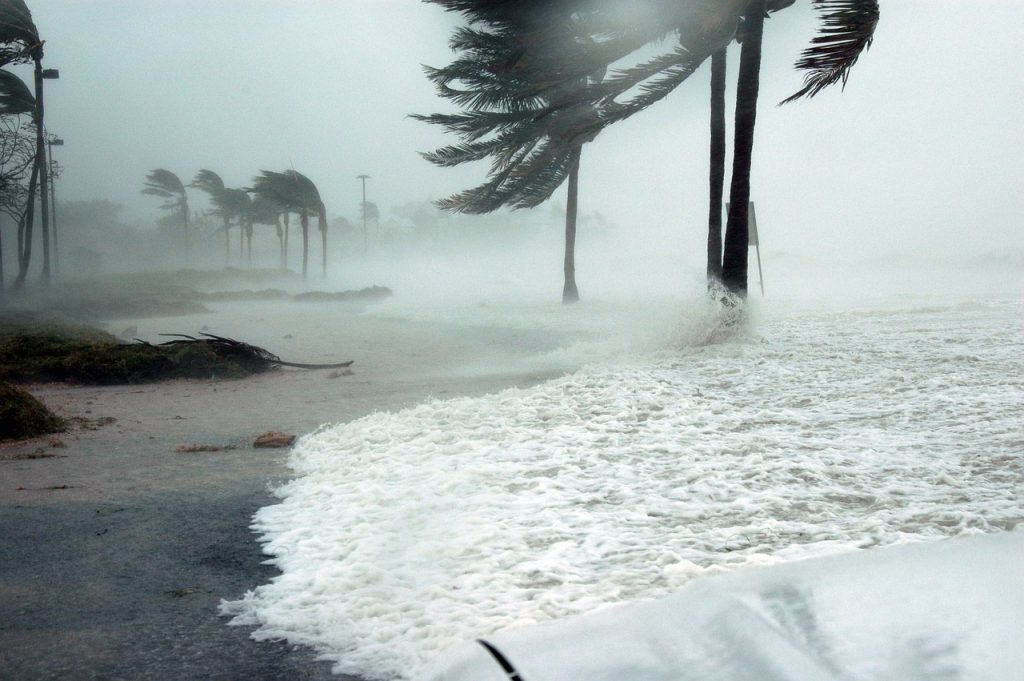The Connection Between Climate Change and Mental Health
Climate change is impacting individuals' mental health in many ways from sparking worry and concern to causing trauma following experiencing a natural disaster.
This article is more than 2 years old
It is a well-known fact that the environment in which we live has a direct impact on our mental state and our overall health. Climate change is putting all humans at risk in regard to our mental health and overall well-being. A direct result of climate change can come in the form of depression, stress, negative coping behaviors, anxiety, and more.
When one hears the words, climate change, it may evoke many different feelings and emotions. For some, stress levels begin to immediately rise, and anxiety sets in instantly. Others who hear the words, climate change, may feel extreme denial.
While denial in and of itself is not a mental health problem, denial in regards to climate change, at its roots may be anosognosia. Anosognosia is a mental health condition in which a person completely rejects or in some cases, avoids the reality that is unpleasant or distressing. Oftentimes, people who are suffering from this mental health condition are not aware that they are suffering from a medical condition.
It is widely known that the environment is a direct contributing factor to physical well-being and our mental health. Light, temperature, noise level, air quality, and so many other factors are in direct correlation with how one may feel. Climate change is no different because, in simple definition, climate change is a change in weather patterns and temperatures.
Climate change is showing up in the form of extreme heat waves, massive flooding and extreme droughts, horrific storms, forces displacement of not only humans but animals, and so much more. All of these things, without a doubt, are having an impact on the mental health of all humans. It only makes sense that the catastrophic events that are happening because of climate change would negatively impact the mental well-being of people.
In some cases, reading, hearing, and seeing new stories about the ever-increasing effects of climate change on our planet and all of Earth’s inhabitants is enough to trigger a mental health crisis. It can be completely overwhelming to even think about what is happening right before our very eyes. It is also even more anxiety-inducing to think about how there are so many people who differ in opinion and are not willing to work together to prevent any further devastation.
People who have experienced a devastating natural disaster as a result of climate change are sure to experience a laundry list of mental health concerns. From post-traumatic stress to depression and anxiety, imagine losing it all and then being left to pick up the pieces and somehow rebuilt your life from nothing. There is no denying the fact that climate change is, can, and will at some point affect us all.

Those suffering from mental health issues as a result of the effect that greenhouse gases are having on the planet are sure to eventually see physical symptoms as well. Physical health and mental health are directly linked and deeply interconnected. These things will happen regardless of one’s belief in them or not.
It’s important to recognize symptoms of mental health troubles and address them immediately. Health comping strategies and seeking support will take you a long way and put you in a position of good health. When you are in good health, physically and mentally, you can do your part to fight climate change.




